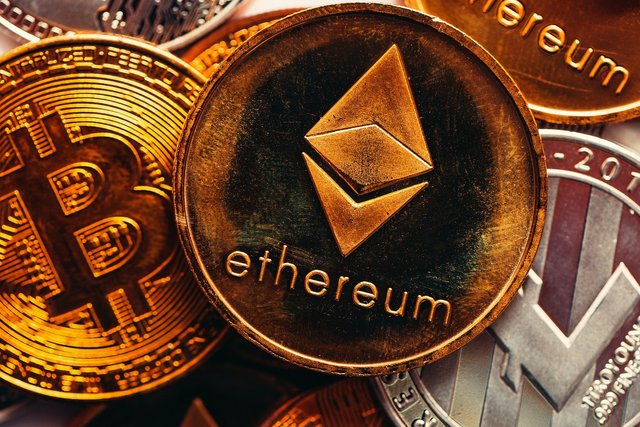
Banking, as far as we might be concerned, has been around since the primary monetary standards were stamped maybe even before that, in some structure or another. Money, specifically coins, outgrew tax collection. In the beginning of antiquated realms, yearly tax collection on one pig might have been sensible, yet as domains extended, this kind of installment turned out to be less alluring.
Nonetheless, since the Covid circumstance, in addition to the fact that we appeared to have move to a "credit only" society, (as who needs to deal with conceivably "filthy cash" in a shop), and with "contactless" Visa exchange levels currently expanded to £45, and presently even small exchanges acknowledged, like a day to day paper, or container of milk, get compensated via card.
Did you had at least some idea that there are north of 5,000 cryptographic forms of money being used as of now and of them Bitcoin includes profoundly in that rundown? Bitcoin, specifically, has had an exceptionally unpredictable exchanging history since it was first made in 2009. This advanced cryptographic money has seen a ton of activity in its genuinely short life. Bitcoins at first exchanged for close to nothing. The primary genuine cost increment happened in July 2010 when the valuation of a Bitcoin went from around $0.0008 to in the district of $10,000 or more, for a solitary coin. This cash has seen a few significant energizes and crashes from that point forward. In any case, with the presentation of what are designated "Stable" coins - those supported by the US Dollar, or even Gold, this digital money unpredictability can now be managed.
However, before we investigate this new type of Crypto-based E-Commerce, as a technique for controlling and utilizing our resources, including our "FIAT" monetary standards, how about we first gander at how the actual Banks have changed throughout the most recent 50 years or somewhere in the vicinity.
Who recalls past Check Book? Before Bank Debit Cards went along, in 1987, checks were the primary approach to moving resources with others, in business exchanges. Then with Bank Debit Cards, alongside Atm's, getting hold of one's FIAT resources turned into a great deal speedier, and for on-line business exchanges.
The issue that has generally been available with Banks, is the greater part of us required somewhere around 2 individual ledgers (a Current record, and a Savings record), and one for every business we claimed. Likewise, attempting to move cash from your ledger "quickly" to say an objective abroad, was in any way similar to SWIFT!
The other issue was the expense. In addition to the fact that we needed to paid an ordinary assistance charge on each Bank Account, we likewise had a powerful expense to pay on each exchange, and, obviously, in exceptionally intriguing events we wouldn't get any advantageous premium, on cash in our Current Account.
On top of all that, Overnight Trading, consistently, utilizing master monetary dealers (or, hitherto Artificial Intelligence (AI) Trading frameworks), every one of OUR resources would be exchanged, and with the economies of scale, the Banks turned into a Major Earner on our resources - yet not us! View the possible business to be produced using "Short-term Trading".
Thus, to sum up, besides the fact that the Banks charge a strong expense for putting away, and moving our resources, by the utilization of cunning Trading strategies, they additionally create robust gains from exchanging our cash on the Overnight circuit, for which we see no advantage.
The other point is - do you entrust your Bank with every one of your resources?
Could what Bank of Scotland, who were THE Scotland National Bank, presently owed by Lloyds Banking Group, have been as of late labled, in a September public statement that expressed "Lloyds Bank Asset Frauds - The Most Serious Financial Scandal of Modern Times